Tel. 020 8960 7771 - 07782 750474 - info@aloracare.co.uk

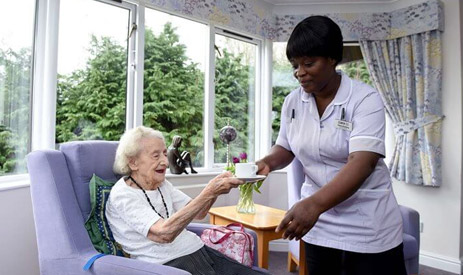

DISABILITY CARE
Adults with special needs or a long-term handicap who require additional...
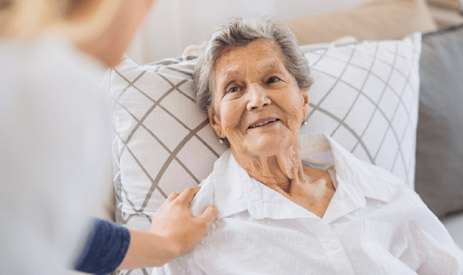


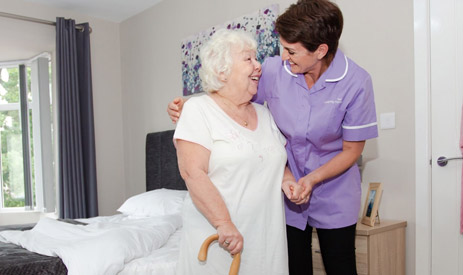
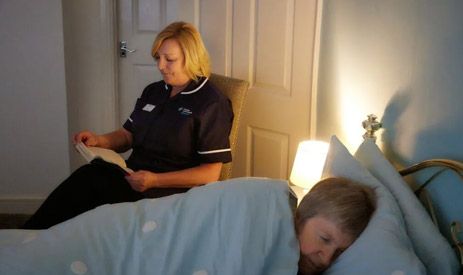
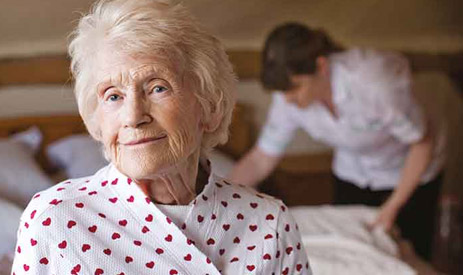
AFTER HOSPITAL CARE
Support for regaining strength, confidence, and independence following...
WELCOME TO ALORA CARE
When it comes to reliable, individualised live-in care for seniors, we are experts. Whether your loved one requires company, assistance around the house, or individualised care, our commitment is to assisting them in maintaining their independence, dignity, and comfort in the home they cherish the most.
Get in touch with Alora Care right away to talk to a helpful advisor about how we can assist your family. Working together, we will discover the ideal care option for the person you care about.


BECOME A CARE ASSISTANT
Join our team as a professional carer or advance in your current role. To find out about current openings, visit our careers page. Carers with experience and compassion are always welcome to apply.
APPLY TODAY
